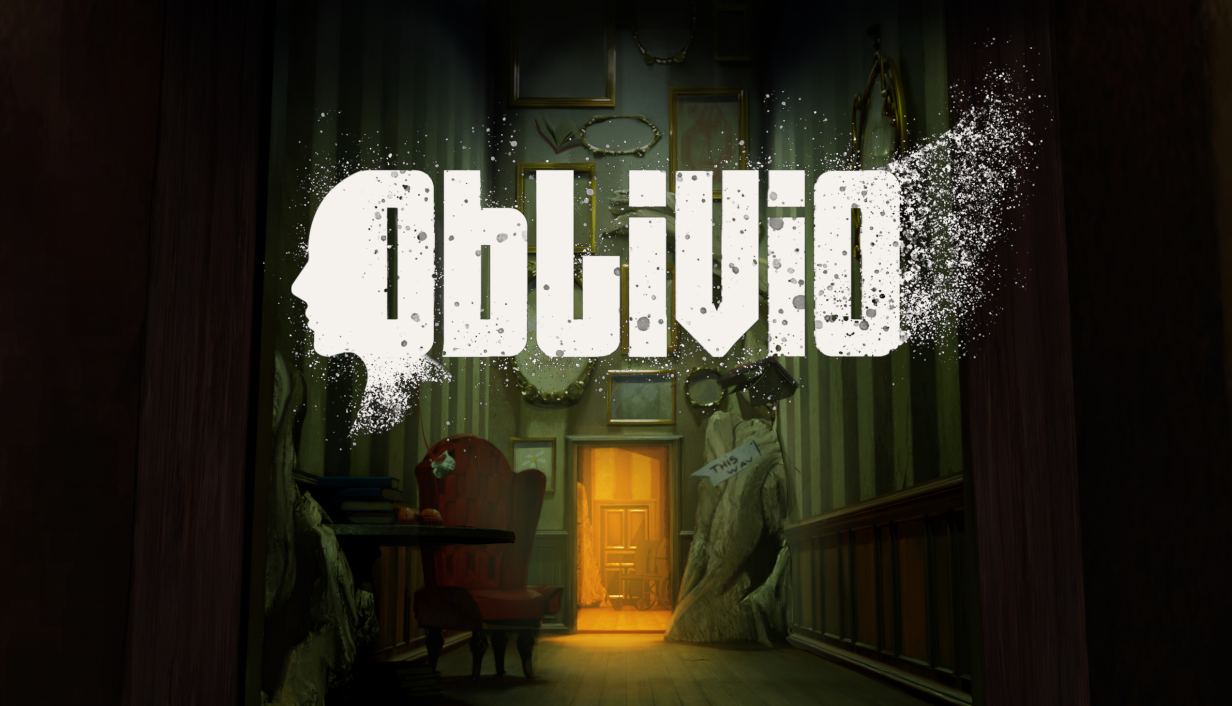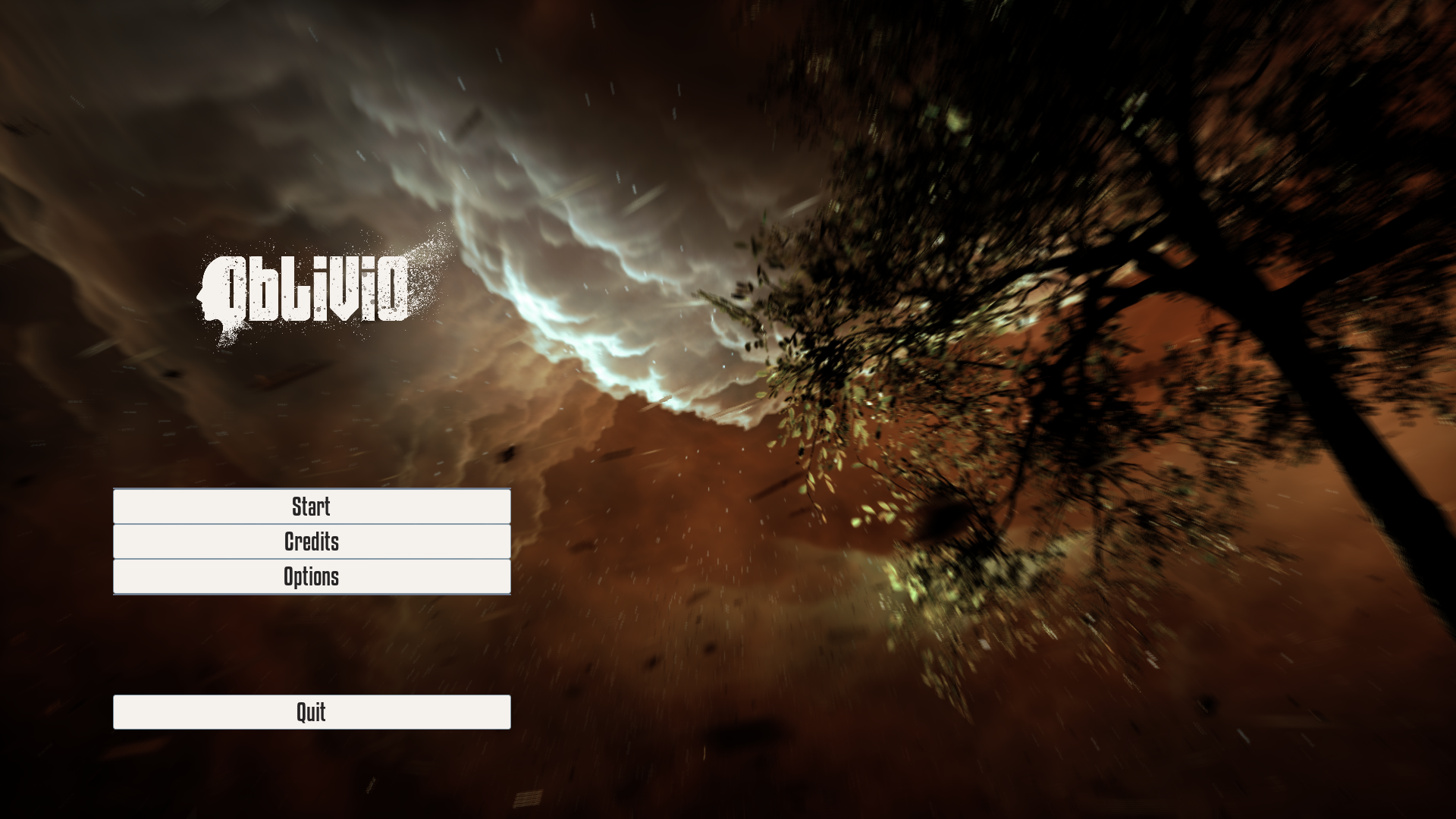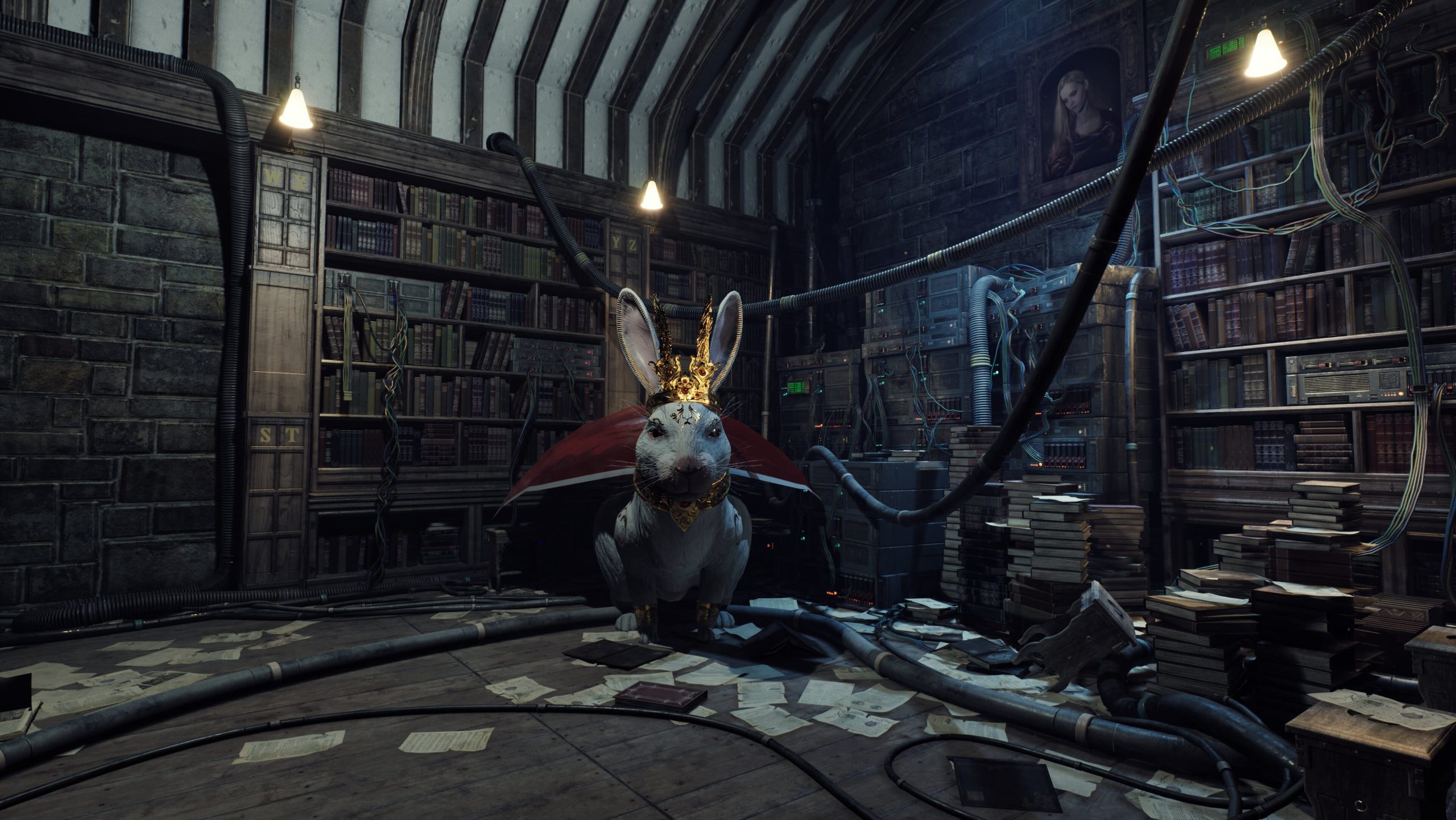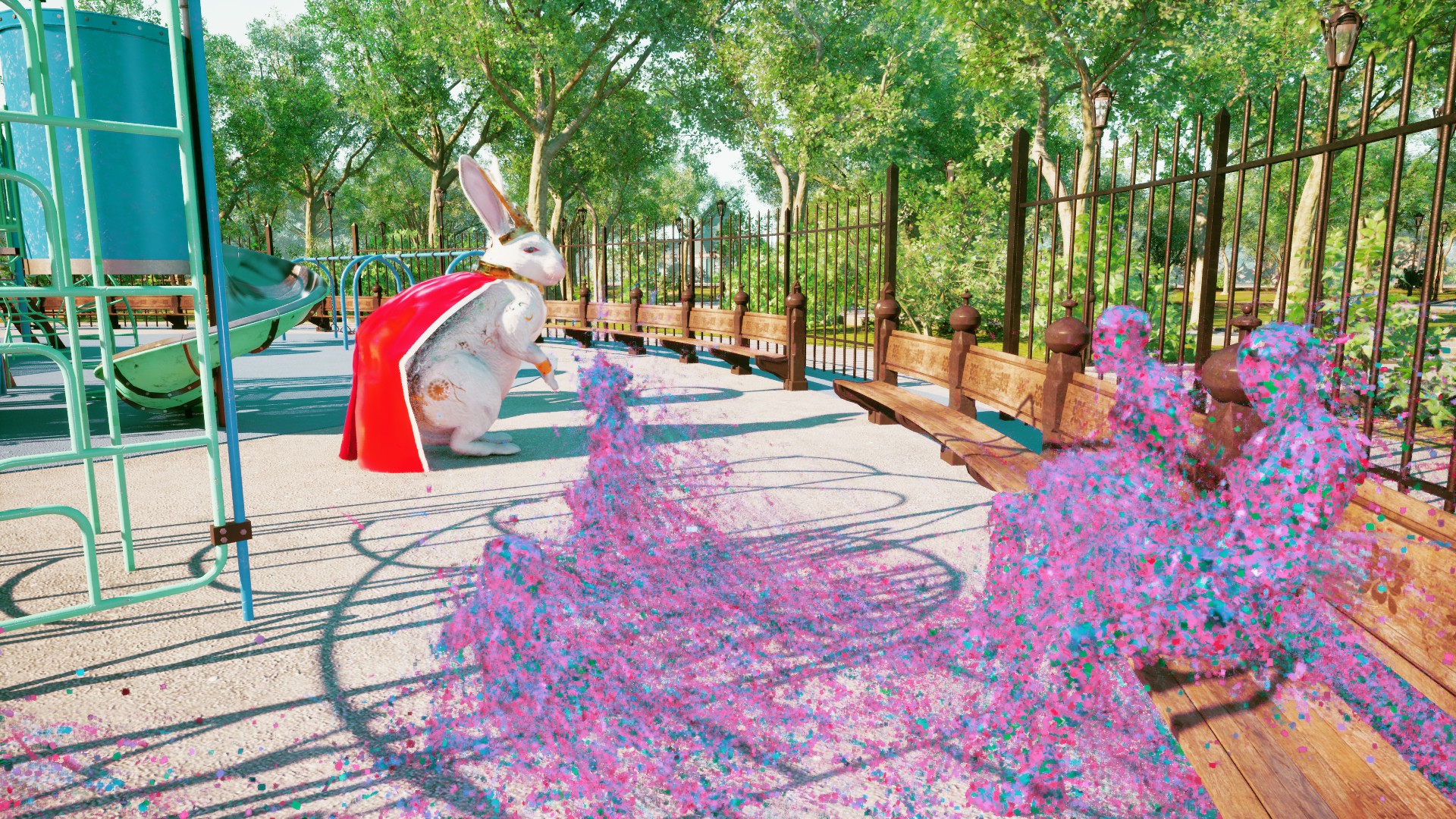Oblivio: Alzheimer Tales
Oblivio is an evocative, narrative-driven game centered around the theme of memory, particularly the slow, painful descent into Alzheimer’s. The player steps into the life of an elderly character who is gradually losing their grip on reality and cherished memories. The game unfolds in fragmented memories, symbolic environments, and haunting interactions that capture the struggle between holding onto moments and facing the inevitable erosion of one’s identity.
Genre
- Puzzle, First Person, Action, Indie, Philosophical
Languages
- English, Spanish
Platform
- Windows, Steam Deck, Linux and MacOS
Explorative Gameplay
The player navigates through dream-like sequences, familiar rooms, and memory-rich locations—such as a childhood home, a park, or an old piano—where objects hold sentimental value. Each item or scene acts as a portal into memories, unlocking small narratives from different stages of life.
Memory-Based Puzzles
Players solve puzzles to reveal fragments of the past. These puzzles often represent mental connections or logical tasks that mimic memory recall, helping the player piece together who they once were. However, as the disease progresses, puzzles become more distorted and challenging, reflecting the protagonist’s deteriorating mind.
Dual State Mechanic
The game shifts between two perspectives—“congruent” and “altered.” In the congruent state, the environment reflects clear, familiar scenes from the protagonist’s life. In the altered state, reality fragments and distorts, with surroundings that twist into something surreal and ghostly, representing the progression of Alzheimer’s. Players transition between these states, experiencing moments of clarity and confusion.
Game Features
Narrative Depth and Visual Storytelling
Oblivio is less about dialogue and more about visual storytelling. Shadows, blurred images, and faint whispers convey emotions and events, while the environment gradually loses coherence, mirroring the protagonist’s journey. A melancholic, ambient soundtrack reinforces the emotional weight of the gameplay, drawing players deeper into the protagonist’s world.
Heartfelt Themes
The game explores love, loss, and family, highlighting the protagonist’s relationships, particularly with family members. Players witness memories of a partner, children, and friends, with fleeting moments of warmth and joy that contrast with the emptiness Alzheimer’s brings.
Goal of Oblivio
The game is designed to evoke empathy and understanding around Alzheimer’s, allowing players to experience the heartbreaking journey of losing oneself to the disease. It’s a story about the fragility of memory, the struggle to hold onto one’s identity, and the profound connections we share with those around us.
Game Reviews

Receptor de las Ayudas a proyectos de videojuegos
Ayudas a empresas y personas físicas para la creación y el desarrollo de proyectos de videojuego (2023) de la Comunidad de Madrid
Transform Your Vision into Reality with Bionic Ape
Partner with Bionic Ape to bring your gaming ideas to life. Our expert team is ready to create immersive, high-quality games and virtual experiences tailored to your needs. Contact us today to start your journey into the future of gaming and virtual worlds!







